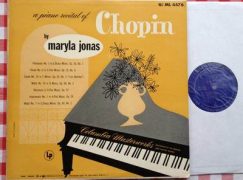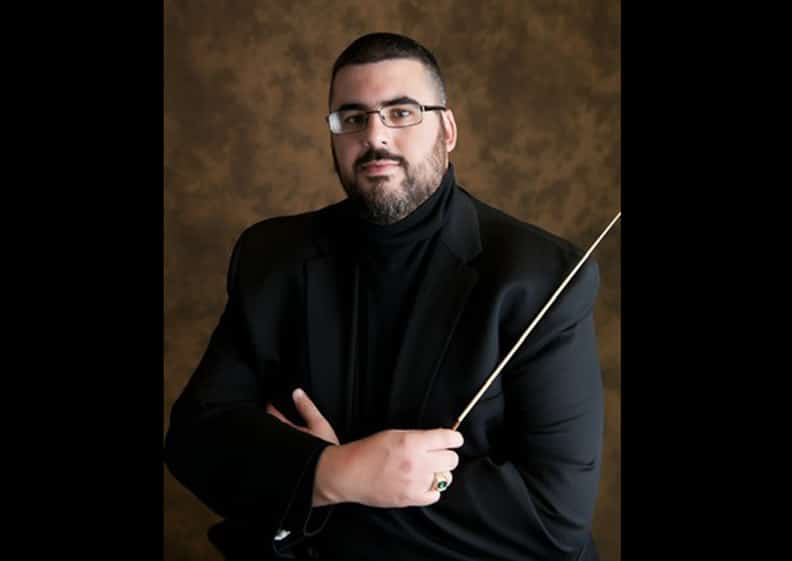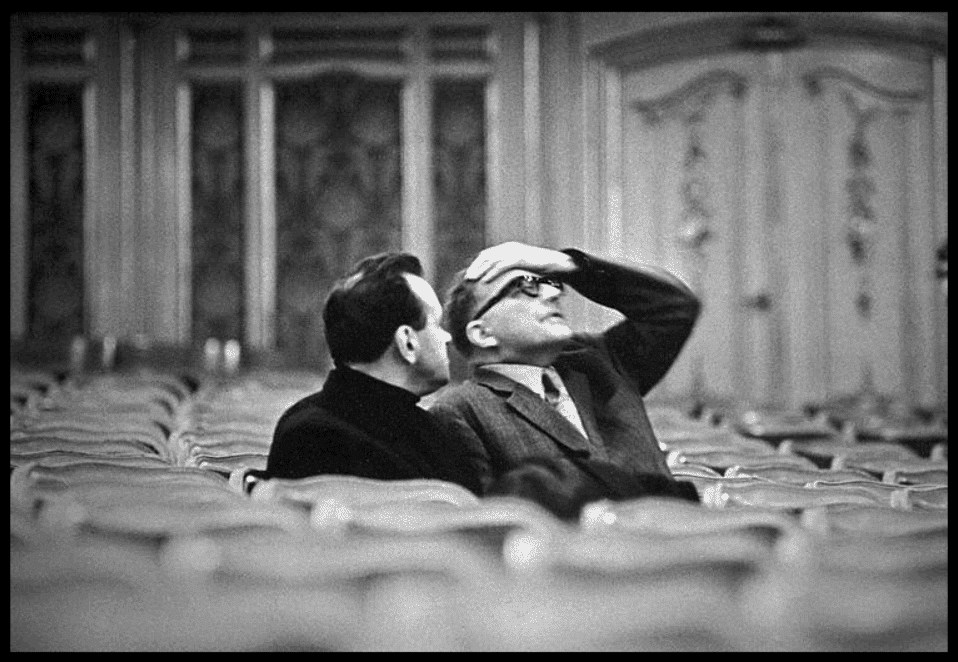The pianist who grew too nervous to play
mainHarassed by the Nazis in Warsaw, Maryla Jonas escaped in 1940 to Rio de Janeiro by pretending to be married to the son of the Brazilian ambassador. Soon after arrival she suffered a nervous breakdown and spent time in a sanatorium. News arrived of the death of her first husband and her brother and she gave up her career.
A post-War visit by Artur Rubinstein persuaded her to return to the stage. On an icy Monday night in February 1946, she faced a near-empty Carnegie Hall and was acclaimed by a junior critic as ‘the finest woman pianist since Teresa Carreno’. Her second recital, a month later, was a sell-out.
Jonas was signed by Columbia Artists, the New York Philharmonic engaged her to open its next season, Columbia gave her a record contract and she married a noted endocrinologist Ernest G. Abraham – all in a matter of weeks.
It was all too much. She began to cancel concerts and the dates dropped off. In January 1951 she fainted on stage at Carnegie Hall midway through Schumann’s Carnaval. Critics began to note memory lapses and she became too anxious to accept further engagements.
Diagnosed with a rare blood condition in 1952, Maryla Jonas died seven years later at the age of 48.
Sony have just remastered her complete piano recordings. The piano sound is constricted and brittle, but the Chopin playing is fresh and powerful, a genuine artist with a voice all her own and a profound introspection. She seems to be playing entirely for herself.






Thank you for making us aware of this obscure pianist. It will be today’s listening.
Such a sad story of what could have been a fabulous life, and one which brought such a talent to stages all over the world and in recordings.
Just searched her name on Google. We share the same birthday just 50 years apart.
For anyone interested, there is a great deal of information available about Maryla Jonas online.
http://nettheim.com/jonas/liberty47.html
http://nettheim.com/jonas/index.html
http://www.musicweb-international.com/classrev/2017/Feb/Jonas_forgotten.htm
Thank you, thank you for publishing these links, which were a revelation to me, a great admirer of Maryla Jonas. I was profoundly moved by the Taubman (1947) article, which I read many years ago, when searching for more information about her. The Howell article was revelatory and very fair in its assessment of Jonas’s art. It invoked in me more sadness than disappointment. No one in the post WWII generation can understand the kind of suffering she endured and the fact that we had several good years in which her art at its peak was preserved is something to be profoundly grateful. Small though her repertoire was, her best efforts in it should inspire today’s students and pianists to see and hear what can be achieved. Today, Benjamin Grovenor is one of the few who seems to be in real touch with the grandeur and sensitivity of the greatest artists of the previous generations.
Her Mazurkas are amongst the finest ever recorded and have always been my desert island piano disc.
https://www.youtube.com/watch?v=6WR2TLd7MMQ
Indeed, her Carnegie debut was poorly attended but rapturously reviewed, as was her full-house repeat performance a few weeks later, and the critics went absolutely overboard with their praise! But her subsequent concerts went less well, and those same critics (who had no doubt been blindsided by her beauty) started questioning not only her playing but also their initial enthusiasm for her. Jonas’ reviews were steadily worse, and thus she became a 7-day wonder. Apparently she only had 1 concerto in her repertoire (Beethoven #1) and her performance of it with the NY Phil didn’t go well either.
Found audios on YouTube. Beautiful Chopin playing.
Nice to know Sony is issuing a complete box. I have long admired her playing, but I dont think I have ever heard a live performance recording by her.
It will never be known whether it was her nerves, her blood disease, or her distress & insecurity over the fact that her once-fawning critics had turned against her — that curtailed her career. Perhaps it was a combination of all three factors. But what is known is that she was at best a miniaturist: the only large-scale works in her repertoire were 2 or 3 Beethoven Sonatas and Schumann’s Carnival. And while the critics noted her lovely palate of colors in her pianissimi, they all reported that her tone turned hard when playing forte. Clearly she had a poetic gift, but her pianistic abilities were otherwise quite limited.